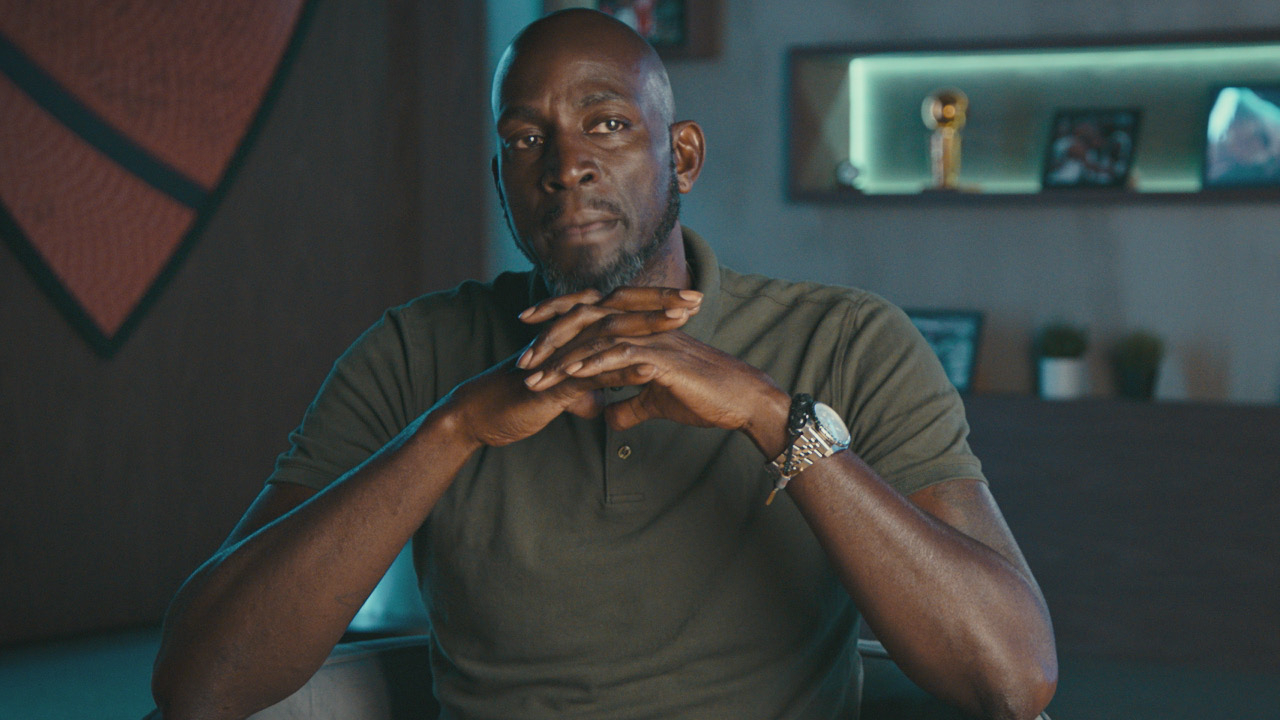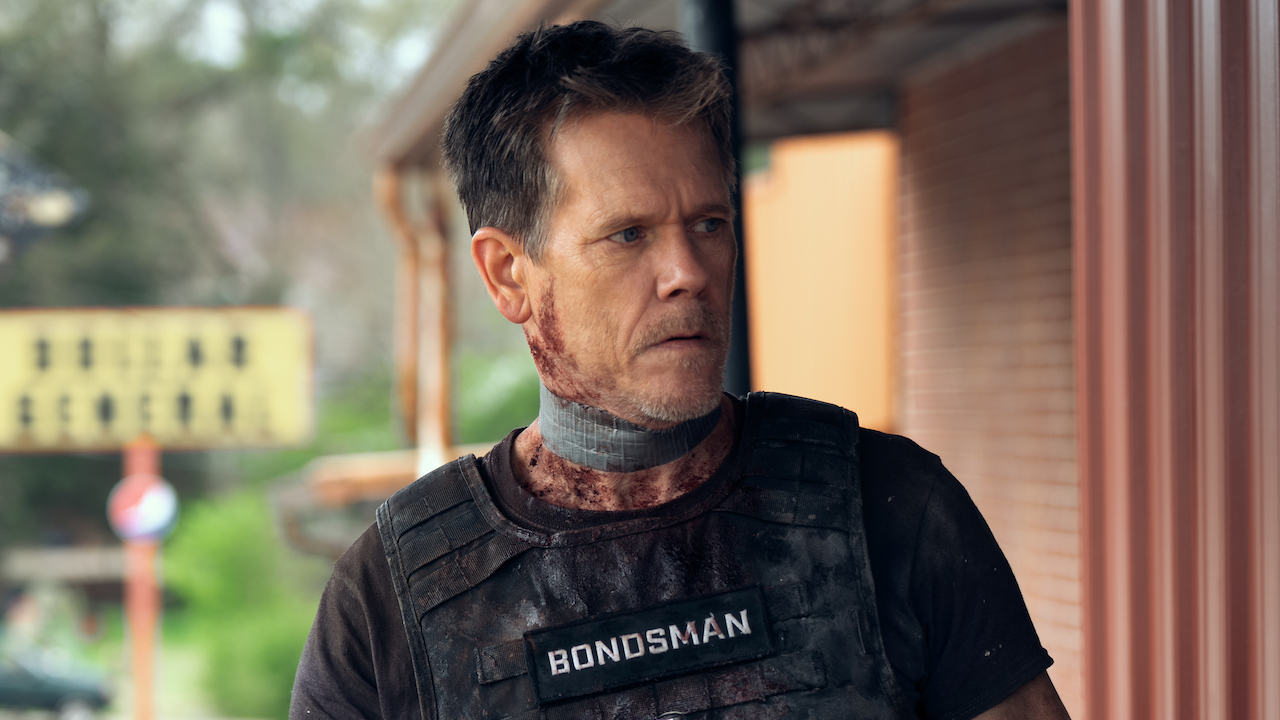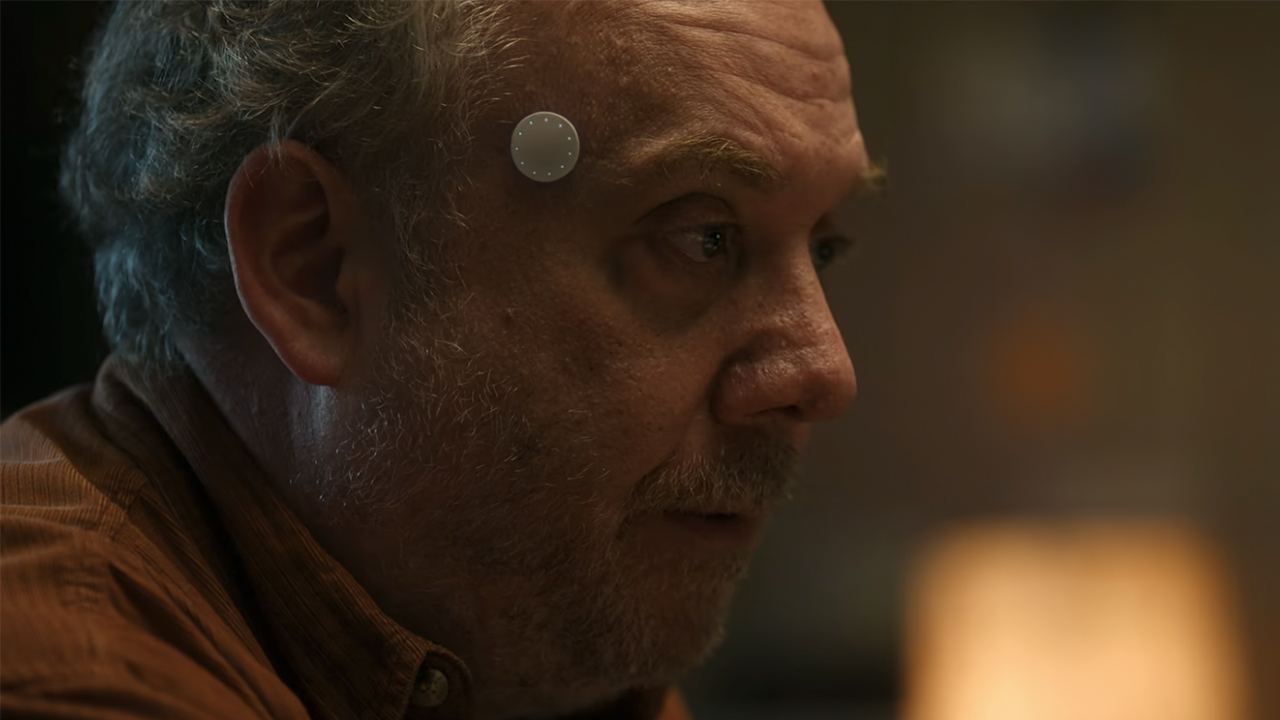Mike Flanagan Has Two Stephen King Adaptations On His List Of The Best Closing Lines Of All Time
Plus Stephen King's review of the Needful Things TV cut and a celebration of Pet Sematary's 40th anniversary.
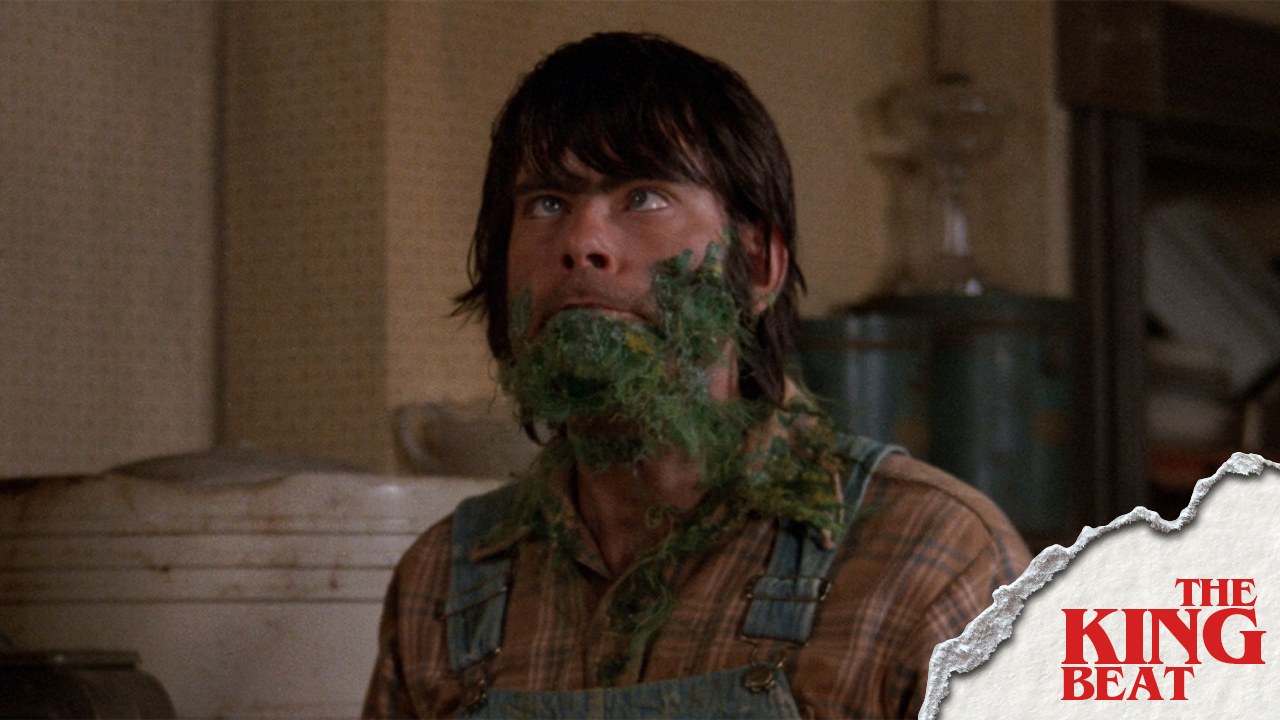
This past week, you may have seen Stephen King’s reaction to “barely masked gloating” about The Marvels’ box office struggle, and read Tom Hiddleston’s impressions of the upcoming film The Life Of Chuck, but those aren’t the only cool developments in the world of Stephen King that we’ve seen in the last few days, and The King Beat is here to catch you up with some cool things you may have missed.
In this edition of the column, we have writer/director Mike Flanagan’s thoughts on the best last lines in cinema history (including two Stephen King adaptations), King’s thoughts on the uncut/TV version of Needful Things, a celebration of Pet Sematary’s 40th anniversary, and more. Let’s dig in!
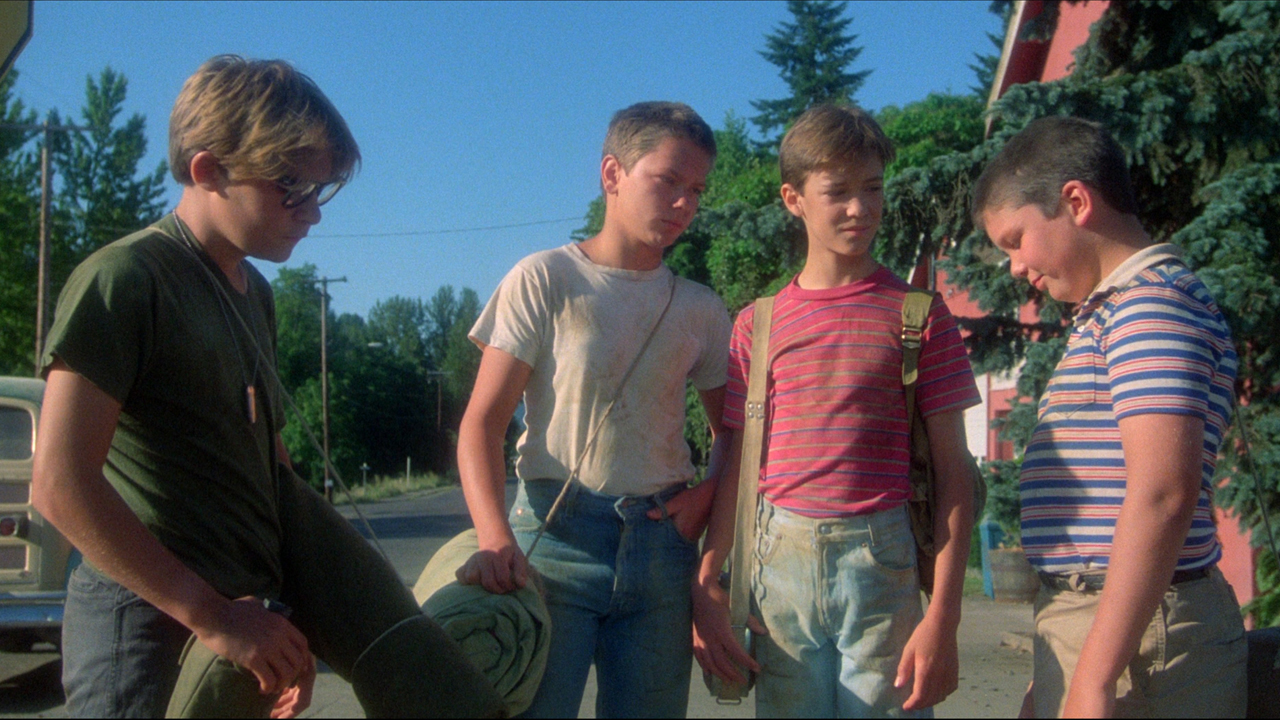
Stand By Me And The Shawshank Redemption Make Mike Flanagan’s List Of The All-Time Best Closing Lines
Are you a Mike Flanagan fan interested in understanding his cinematic sensibilities? If so, this week delivers some great news. The Gerald’s Game and Doctor Sleep filmmaker has created a profile on Letterboxd, which provides anyone curious about the writer/director with an insight into his tastes. In addition to naming his favorite films – All That Jazz, Lawrence Of Arabia, The Shawshank Redemption and Jaws – he has also put together a few cool lists. One of the coolest is his 16-title collection of what he considers “The Best Closing Lines Of All Time,” and unsurprisingly, two Stephen King adaptations made the cut.
Included among his terrific choices (including Casablanca’s "Louis, I think this is the beginning of a beautiful friendship," and Army Of Darkness’ "Hail to the king, baby") are Rob Reiner’s coming-of-age classic Stand By Me and Frank Darabont’s aforementioned The Shawshank Redemption. The former, of course, ends with an incredible sentiment to which anyone can relate:
I never had any friends later on like the ones I had when I was twelve. Jesus, does anyone?
For the latter, Mike Flanagan picked out just the final two words of Red’s final monologue in the film – and they very much sum up everything that the film is about:
I hope.
In addition to watching movies, Mike Flanagan is also obviously very busy making them. The Life Of Chuck, his latest Stephen King movie, went into production last month, and he is also ever-working to make his dream adaptation of The Dark Tower. You can keep up to date with both projects with our Upcoming Stephen King Movies and TV feature.
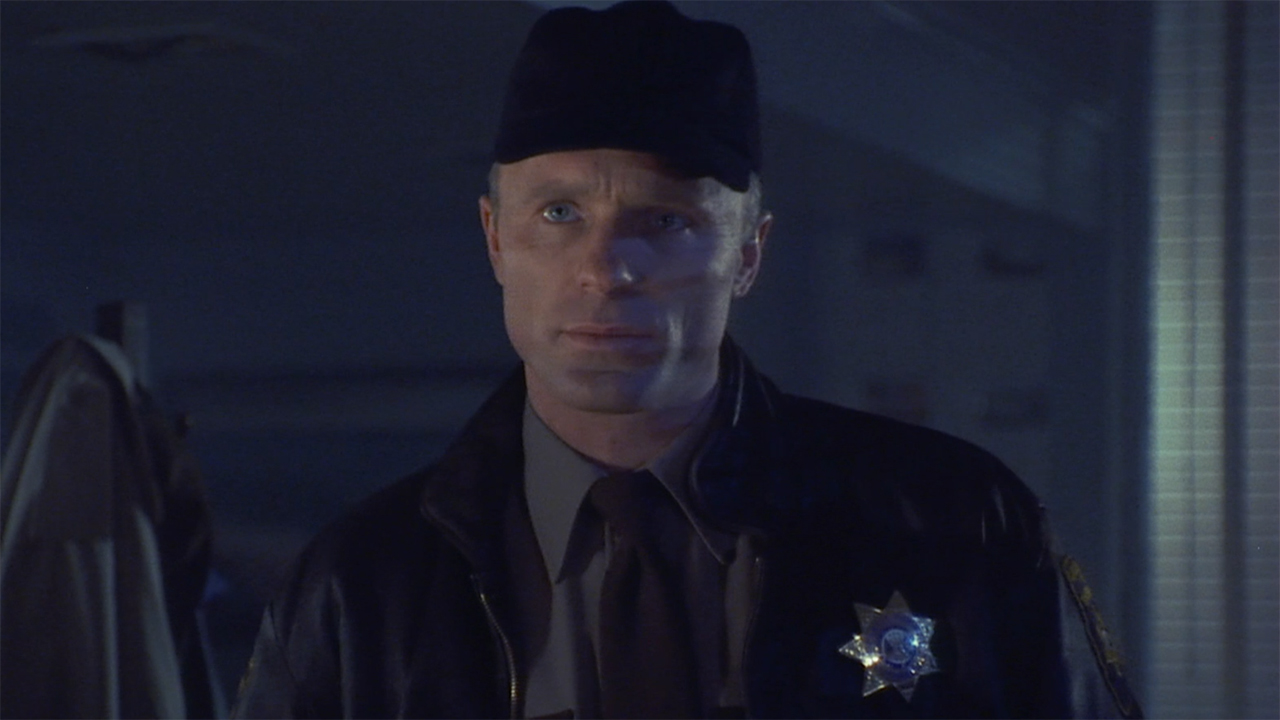
Stephen King Gives His Thumbs Up To The Superior Extended Cut Of Needful Things
In the history of Stephen King movies, there are a few alternate cuts that specifically stand out. One is the black-and-white version of Frank Darabont’s The Mist – which finds its 1950s monster movie vibes enhanced by the greyscale aesthetic. Another is the director’s cut of Mike Flanagan’s Doctor Sleep – which adds a wonderful chapter structure, an extra sequence with Ewan McGregor’s Dan and Henry Thomas’ Jack, and much more. If I had to pick an alternate cut that most improves on the theatrical release, however, it would have to be the extended edit of Fraser C. Heston’s Needful Things, and Stephen King let his personal feelings about the superior version be known this past week.
CINEMABLEND NEWSLETTER
Your Daily Blend of Entertainment News
Seemingly apropos of nothing specific, King took to his personal Twitter account this week for a special recommendation for fans of his adaptations. While throwing some shade at the version of Needful Things that played in theaters back in 1993, the author wrote,
The uncut version of NEEDFUL THINGS (I believe only available on DVD) is amazingly good--it makes sense of everything the theatrical version chintzed on. 187 minutes long. Blew me away. Also nice to see Ed Harris playing an unadulterated good guy.
Originally written as Stephen King’s final Castle Rock novel, Needful Things is a delightful read because of its deliberate pacing and escalation. Via the titular shop, which opens in the middle of town, the sinister Leland Gaunt plants seeds of chaos all around town, and the thrill of the story is in watching how each little “prank” he sets in motion serves as a piece in a Rube Goldberg machine of horror. While I am someone who will generally defend the original version of the 1993 film, it fails to fully capture that special energy of the source material… but that’s not the case with the extended cut.
While the runtime of the version of Needful Things that hit theaters is 121 minutes, more than an hour of footage was cut back in for when the film aired on TBS in 1996, and it is both a better and a more faithful adaptation. It still doesn’t include major elements like the return of Ace Merill from “The Body,” but it successfully captures the necessary slow burn of the book.
One thing that Stephen King got wrong in his Tweet is the fact that the extended cut is not exclusively available on DVD. It used to be the case that it was only available in SD on a Region B Blu-ray, but his past July, Kino Lorber released new Needful Things 4K UHD, and the Blu-ray disc included in the package features an HD Up-Res Master of the TV version of the movie. It’s definitely a must-add if you’re building the Ultimate Stephen King collection.
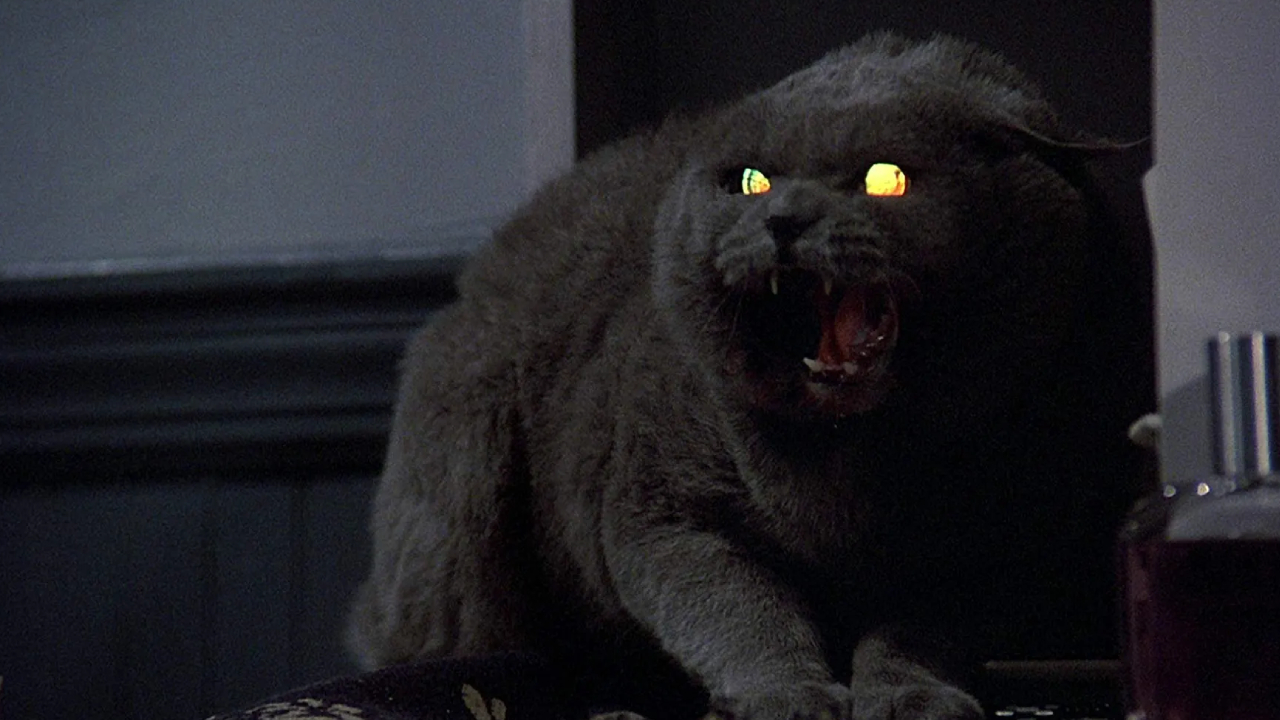
Pet Sematary Celebrates 40 Years Of Disturbing The Hell Out Of Constant Readers
As the legend goes, Stephen King didn’t originally want to publish the novel Pet Sematary. The book goes to exceptionally dark places, with the protagonist finding himself spiraling into madness following the death of his infant son, and when the story wouldn’t leave his mind even after he finished writing it, he decided that it was too grim to let out into the world.
The contract that he signed with Doubleday at the start of his career, however, ended up changing the work’s place in pop culture history. While the author had all but ended his relationship with the publisher following disputes about The Stand, he gave them one last novel to publish in order to get money he was owed and terminate business. That book was Pet Sematary, and Doubleday published it November 14, 1983 – 40 years ago this week.
After four decades, it remains the scariest book that Stephen King has written – and that includes the terrors between the covers of books like Cujo, Misery and Revival. Regardless of whether or not you have children, the author makes you feel the monstrous pain that builds up in Louis Creed until he does the unthinkable and tries to bring his son back from the dead. And this, of course, comes after King has us get to know the Creed family and all of their deeply human qualities and faults, from Ellie’s fear that her cat Church may someday die, to Rachel’s traumatic past with her sickly sister Zelda.
None of the film adaptations made thus far have fully captured the full terror of the book – though Mary Lambert’s 1989 film (with a screenplay written by Stephen King himself) is certainly much better than the 2019 Pet Sematary remake. I’m still holding out hope that we will eventually get to see Guillermo del Toro execute his vision for the material, if not especially because he has said that he would kill to make it.
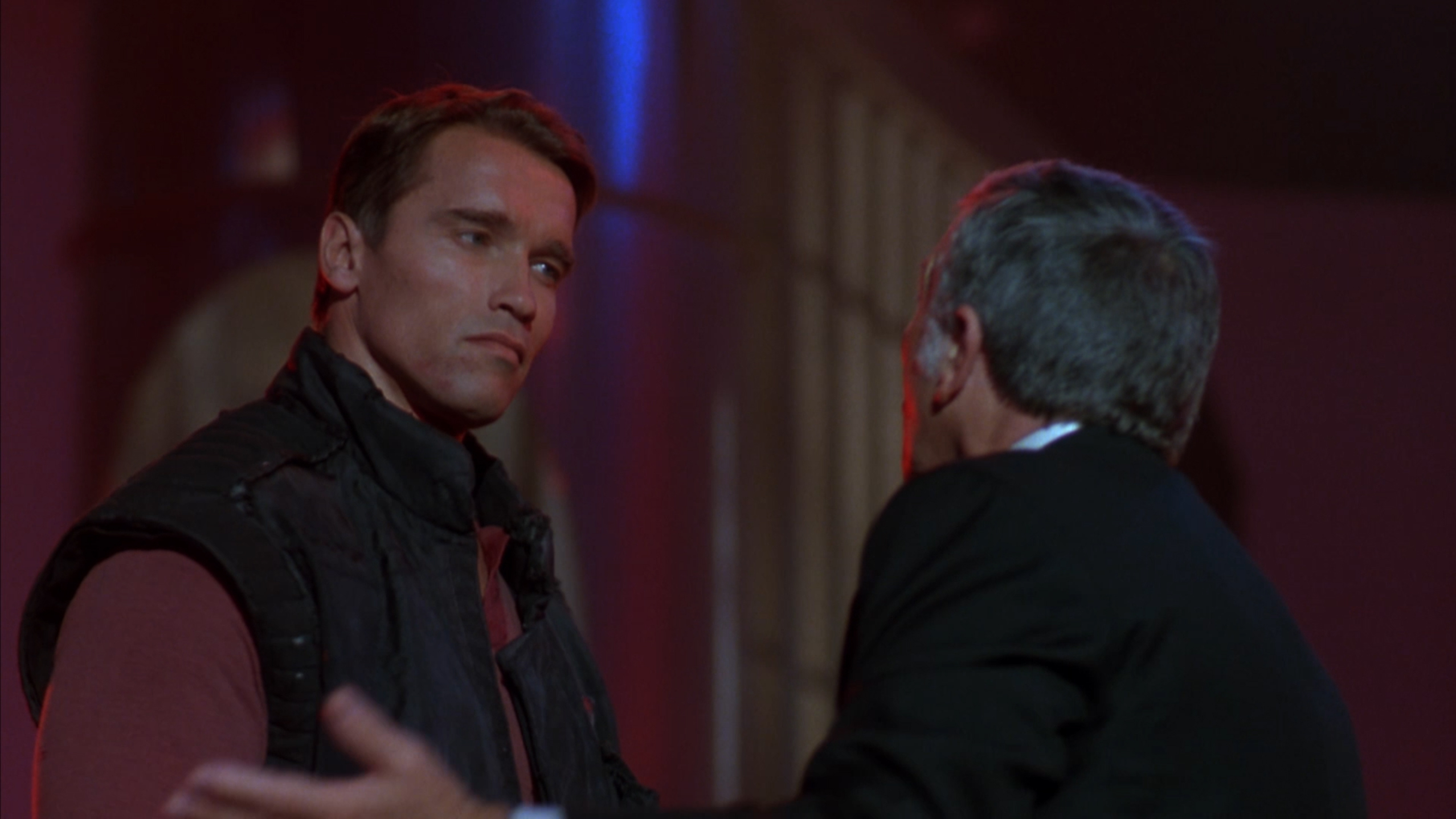
Recommendation Of The Week: The Running Man
In addition to Pet Sematary, Paul Michael Glaser’s The Running Man also celebrated an anniversary this week, as it was first released in theaters 36 years ago on November 13, 1987. The movie, which stars Arnold Schwarzenegger, is arguably the least 'Stephen King' Stephen King film, but if you’re only familiar with the adaptation, you should check out its amazing source material.
One of the works written by Richard Bachman (Stephen King’s famous pseudonym), The Running Man is like the Schwarzenegger feature in that it centers on a hero named Ben Richards who participates in a sadistic game show in a dystopian future, but the book is otherwise completely different – featuring the protagonist willing to sacrifice his life so that his wife can have medicine for their sick baby daughter. The rules of the eponymous television program are totally different, as Ben is sent out into the world to be hunted in public, and while working to escape, he discovers a massive conspiracy that has shaped the modern world.
Like just about all of the Bachman books, it’s a short novel/novella written with an even rougher edge than what you’ll typically find in Stephen King’s bibliography, and the ending is a jaw-dropper – particularly due to historical events that occurred a decade-and-a-half after The Running Man’s original publication. It’s something that a more faithful remake, like the one being developed by writer/director Edgar Wright, would likely have to change.
That does it for this week’s King Beat, but I’ll be back next Thursday (Thanksgiving!) with a new edition, and you can meanwhile check out my Adapting Stephen King column, chronicling the history of King adaptations in film and television.

Eric Eisenberg is the Assistant Managing Editor at CinemaBlend. After graduating Boston University and earning a bachelor’s degree in journalism, he took a part-time job as a staff writer for CinemaBlend, and after six months was offered the opportunity to move to Los Angeles and take on a newly created West Coast Editor position. Over a decade later, he's continuing to advance his interests and expertise. In addition to conducting filmmaker interviews and contributing to the news and feature content of the site, Eric also oversees the Movie Reviews section, writes the the weekend box office report (published Sundays), and is the site's resident Stephen King expert. He has two King-related columns.





